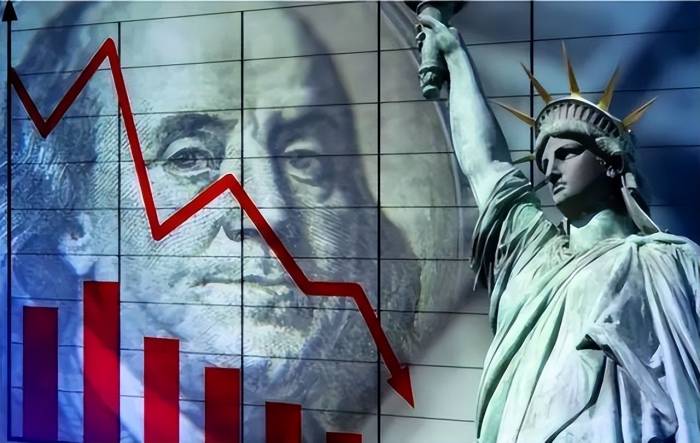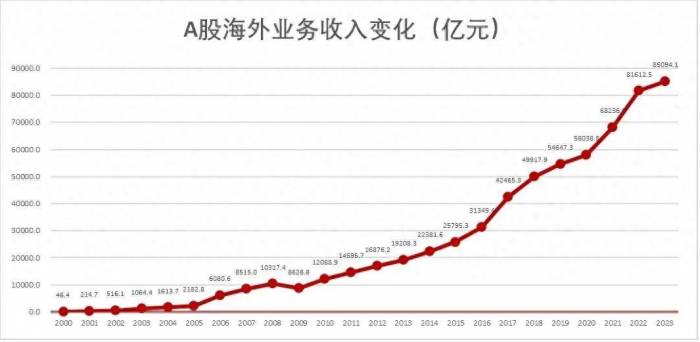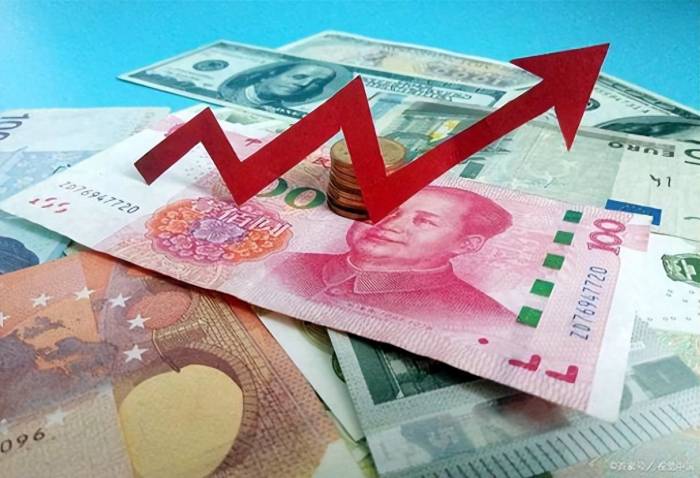Global Crisis Looms: U.S. Fiscal Collapse Risk?
The scale of debt in the United States continues to rise, gradually transforming into a heavy shackle that restrains domestic economic activities. Even high-profile entrepreneur Elon Musk has warned of the potential risk of bankruptcy facing the nation.
This kind of warning calls for the public to pay extra attention to the developments in the U.S. fiscal situation, which undoubtedly will directly impact the stability and sustainability of the global economy.
Is the United States facing bankruptcy?
The debt issue in the U.S. has reached an astonishing level.
According to the latest official statistics, the total federal debt has surpassed the staggering threshold of $35 trillion, and this figure continues to rise.
This means that if we were to evenly distribute this heavy debt burden among every American citizen, each individual would bear an economic pressure of nearly $104,000.
Such data is undoubtedly unsettling.
However, despite the severity of the debt problem, some American politicians seem rather indifferent.
They prefer to shift their attention abroad, provoking external conflicts to divert public attention from domestic issues.
This approach may alleviate pressure in the short term.
However, from a long-term perspective, it fails to address the underlying issues adequately. The role and influence of the United States on the international stage seem to be gradually weakening.
Recent events clearly reflect this. For example, the Japanese government has been persistently raising interest rates, which has undoubtedly had a direct and significant impact on the U.S. stock market.
What was once considered a resilient U.S. stock market bubble now seems precarious.
Furthermore, in the Middle Eastern markets, the dollar is no longer as influential in determining oil prices, raising concerns among investors and market analysts.
These signs indicate that the stability of the U.S. economy is under serious challenge.
Central banks around the world have also taken note of this, beginning to increase their gold reserves in preparation for potential financial storms.
The current situation in the U.S. bears some resemblance to that of the United Kingdom.
Although it still maintains its status as a major global economic power, it could ultimately face a similar predicament if it continues to overlook the debt problem and the need for industry restructuring.
China is Diversifying Its Foreign Reserves
In the context of a globally uncertain economic landscape, China has been taking a series of measures to safeguard the security and diversity of its foreign exchange reserves.
The core of this initiative is to gradually reduce dependency on the dollar while simultaneously increasing the proportion of gold within China's foreign exchange reserves.
This strategy is not only aimed at safeguarding against far-reaching market turmoil but also at ensuring that the Chinese national economy remains stable and healthy in the face of various external shocks.
Recently, some hedge fund managers on Wall Street expressed their views that China's strategy of increasing and decreasing its holdings of U.S. Treasury bonds may merely be a regular asset allocation adjustment.
This indicates that, in anticipation of a possible interest rate cut by the Federal Reserve, China is adjusting its investment portfolio to optimize returns and reduce risks.
Particularly this year, the People's Bank of China has been steadily increasing its gold reserves.
Although a report released in May indicated that China had not continuously raised its gold reserve levels, in reality, China has been actively purchasing gold, just storing the newly acquired gold off the public record.
This practice may be aimed at avoiding major fluctuations in the international market, while also reflecting Chinese concerns about future financial market volatility.
Central banks around the world are also actively adopting similar strategies to cope with the current environment.
According to authoritative data released by the World Gold Council, as of the first half of this year, central banks worldwide have accumulated over 483 tons of net gold reserves, marking a significant 5% increase compared to the same period two years ago.
This outstanding performance clearly indicates that gold, as a widely recognized safe-haven asset, is experiencing sustained market demand; simultaneously, this phenomenon reflects a deep concern among countries regarding the stability of the existing financial system.
In the current context of international tensions and an unclear economic outlook, gold, with its rich historical heritage and stable value attributes, has become the preferred investment for numerous countries seeking security.
The intensifying trend of this development poses a formidable challenge to the dollar's status as the world's primary settlement currency.
Moreover, U.S. Treasury bonds, long regarded as one of the largest safe-haven assets globally, are now facing unprecedented scrutiny.
Is the Dollar's Dominance in Question?
The changes in global economics and politics are affecting the dollar's status as the international dominant currency. While the dollar remains the protagonist in global trade now, it is truly uncertain whether this situation can be sustained in the future.
Looking at the U.S. economy, if it can maintain stability, the dollar can naturally retain its influence.
It is worth pondering that as the international influence of major economies like China and Russia grows, the dollar's position as the dominant player in global finance seems increasingly threatened.
In fact, across the current landscape, the stable growth of these two countries is not only limited to their economic scales; more importantly, their currencies are gradually circulating in international markets and gaining acceptance and recognition from more and more countries.
Furthermore, the rise of digital currencies may render the future monetary system increasingly intricate.
Due to the convenience and speed of digital currency transactions, their impact on traditional financial systems is becoming increasingly significant, potentially undermining the dollar's dominant position in international trade.
China is already prepared for this, having been actively selling off its U.S. Treasury bonds to maintain bond levels at a reasonable point.
This not only stabilizes returns but also influences the dollar's exchange rate by adjusting debt levels, which is crucial for the stability of international trade and financial markets.
Specifically, in May 2024, China sold only $2.4 billion worth of U.S. Treasury bonds, the smallest amount since last year.
Meanwhile, Japan conducted massive selling activities that month, involving as much as $22 billion, significantly impacting the global financial market.
This phenomenon vividly reflects the varying perceptions and corresponding response strategies of countries towards the future development outlook of the U.S. economy.
Today, an increasing number of nations are seriously considering how to timely transfer their holdings of U.S. Treasury bonds before the American economy potentially falls into trouble, to effectively mitigate potential risks.
With the Federal Reserve likely to cut interest rates, U.S. Treasury yields are expected to decline, prompting some countries to adjust their bond-holding strategies.
All signs suggest that with the accelerating process of global economic globalization, particularly the rising influence of emerging market countries, the dollar's dominant position in international trade is facing unprecedented challenges.
As more countries begin to prudently reassess and adjust their foreign reserve strategies, the attraction of U.S. Treasury bonds is gradually waning.
When conflicts erupt in regions such as the Middle East, many countries are reducing their holdings of U.S. Treasury bonds and turning to gold for safety, further indicating the shifting positions of U.S. Treasury bonds and the dollar.
In conclusion, China and other nations are diversifying their foreign exchange reserve strategies to cope with the uncertainties of the global economy.
Implementing such strategies not only helps to protect their national economies from external shocks but also serves as an adaptation and challenge to the existing international financial system.
As time progresses, we may witness more changes and adjustments within the global monetary system.






























Join the Conversation